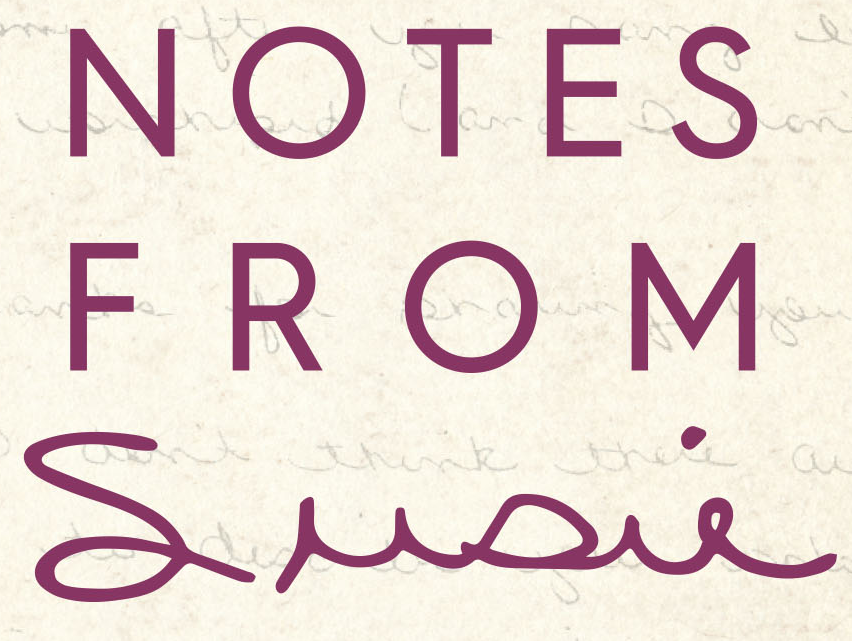The past three blog posts have been an attempt to articulate some of God’s special provisions for Honey and me as we navigated her hard journey with cancer and her death a little more than a year ago. This fourth and final installment in the series relates the role hymns played in that journey.
Both Honey and I grew up with hymns. There was always a stack of hymnals on the piano or in the piano bench in both of our growing-up homes. All the kids in the house took piano lessons, one goal of which was to be able to play hymns. Both families were among the “every-time-the-doors-are-open” attenders at their respective steeples and every gathering of those congregations began by singing at least a hymn or two.
Honey’s mother was a soloist in their church choir, and my father was the volunteer music director in ours. I come from a long line of arm-waving music directors in churches. I played hymns at home by ear before I learned to read. In large measure, hymnody has been my life so much so that one time my minister of music brother told me I was a walking hymnal. (I think it was a complement – not sure.) So Honey and I were steeped in a strong hymnic tradition; hymns were our native tongue and through the years, their timeless message had sunk deeply into our hearts.
Serving as a career minister of music some forty years in the local church, then “retiring” to help build the Celebrating Grace Hymnal, we handled hymns nearly every day. But we found first-hand that knowing hymns is good, but living into them is a different matter and the greater good. Amid the battle of her illness, that which we had “hidden in our hearts” all our lives sprang forth anew as wonderful words of life.
The compilers of the Bible as we know it realized the value and importance of hymnody to the extent that they placed the book of Psalms – the Hebrew hymnal – in the middle of the manuscript where it could be found quickly. The Psalms give voice to the many moods of Christian life – praise, confession, supplication, lament, deliverance, thanksgiving – and so does a good hymnal.
Just three years before Honey got sick, the Celebrating Grace Hymnal was released and it had been my joy, privilege, and delight to have played a major role in its development. (I will forever be grateful to Mr. Tom McAfee for giving me a front row seat at that table.) I am convinced that working on that hymnal was part of God’s plan for Honey and me. During that time we vetted more than 2,500 hymns, resulting in a book that is fresh, rich, and absolutely timeless. During Honey’s illness we lived in that hymnal; it was like discovering a new Book of Psalms - literally.
I’m convinced that God did not cease revealing Himself to humankind when the Bible came into being. Hymnody seems to be God’s more recent revelation. A good hymn, like a Biblical psalm, is sturdy enough to be studied and substantive enough to sustain. And like a psalm, the more a well-crafted hymn is examined, the more evident its riches become.
Here is the first hymn – an 1844 model – we used in the more than three hundred Facebook posts Honey and I wrote during our journey. It was a constant reminder how the Christian life is to be lived no matter the circumstances.
We walk by faith and not by sight.
No gracious words we hear
from Him who spoke as none e’er spoke;
but we believe Him near.
We may not touch His hands and side,
nor follow where He trod;
but in His promise we rejoice,
and cry “My Lord and God!”
And when our life of faith is done,
in realms of clearer light
may we behold You as You are,
with full and endless sight.
(Refrain)
We walk by faith and not by sight,
led by God pure and holy Light!
Prepare us for the journey, Lord,
and may we know Your power and might,
as we walk by faith and not by sight.
We Walk by Faith – Henry Alford (stanzas); Lloyd Larson (refrain)
- Mark

